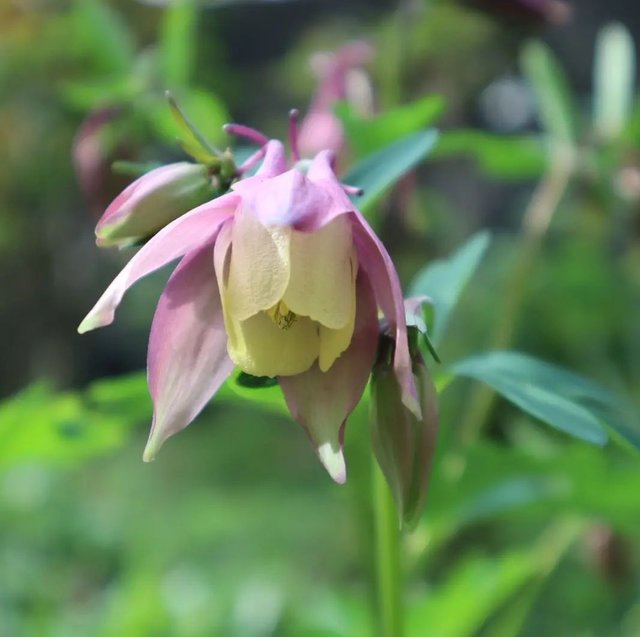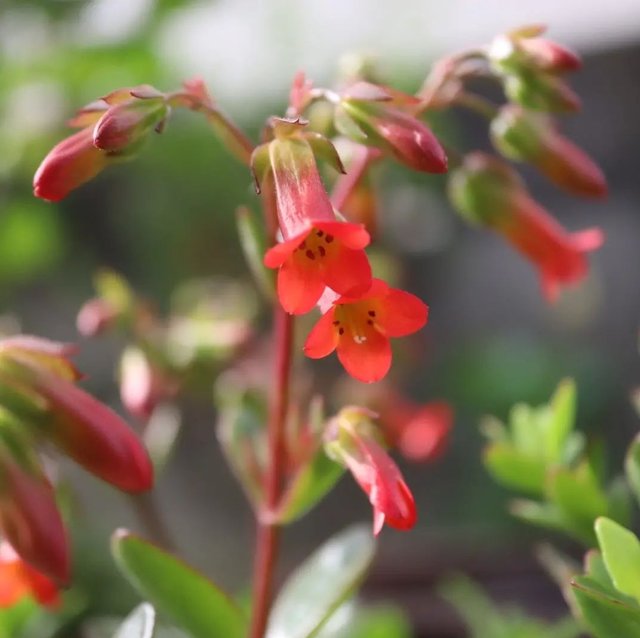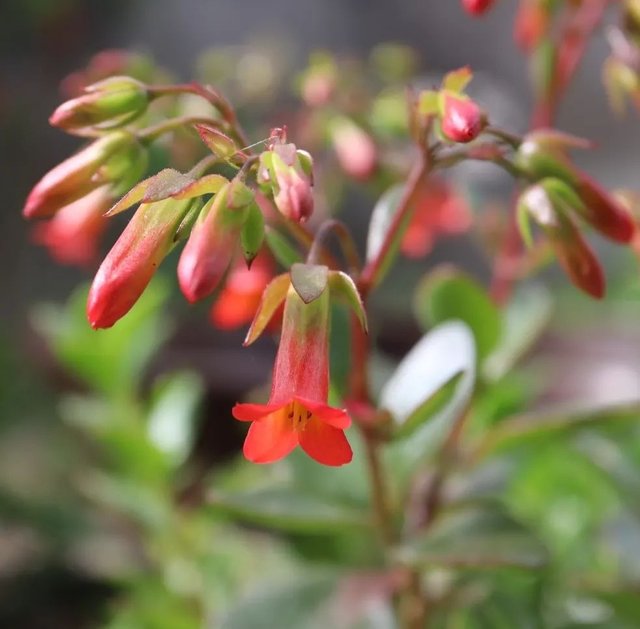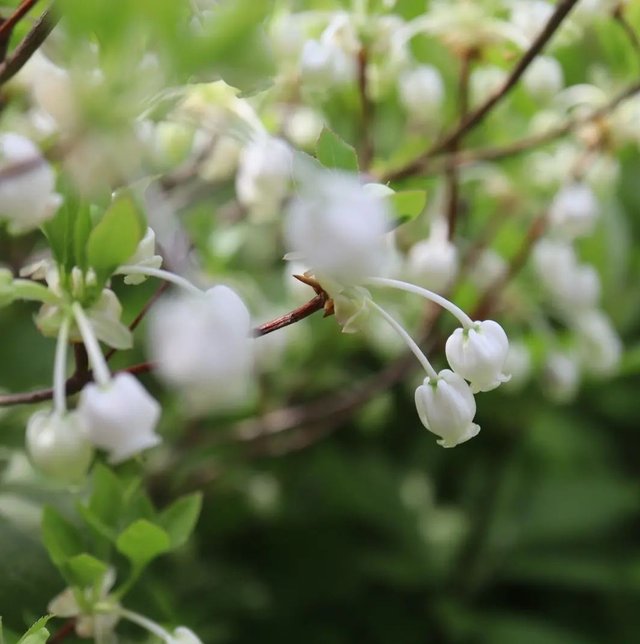



Nestled within the intricate tapestry of nature's floral offerings lies the Common Columbine, a delicate yet resilient flower that captivates with its ethereal beauty and storied symbolism. In this exploration, we embark on a journey to unravel the mysteries and marvels of this enchanting bloom.The Common Columbine,is a member of the Ranunculaceae family, boasting a rich history that spans continents and cultures. Originating in Europe and parts of Asia, this perennial plant has found its way into gardens and landscapes worldwide, cherished for its unique appearance and adaptability.
With its graceful nodding blooms and distinctive spurred petals, the Columbine is instantly recognizable. Its flowers, often in shades of blue, purple, pink, yellow, or white, dangle elegantly from slender stems, resembling a cluster of intricate lanterns swaying in the breeze. The intricate structure of the flower, with its five distinct petals and elongated spurs, adds to its allure, inviting closer inspection and admiration.Throughout history, the Columbine has been steeped in symbolism and folklore, carrying diverse meanings across different cultures and contexts. In ancient times, it was associated with the goddess Venus, symbolizing love and affection. In Christian mythology, it was often linked to the dove, representing purity and the Holy Spirit.
In medieval Europe, the Columbine was believed to possess magical properties, with its petals used in love potions and its presence in gardens thought to ward off evil spirits. However, it also carried darker connotations in some cultures, being associated with death and mourning due to its resemblance to a cluster of doves, which were seen as messengers of the afterlife.Beyond its symbolic associations, the Columbine holds cultural significance in various traditions and practices. In gardening circles, it is prized for its ornamental value, adorning landscapes with its delicate blooms and attracting pollinators such as bees and butterflies. Its ability to self-seed and naturalize makes it a favorite among enthusiasts seeking to create vibrant, low-maintenance gardens.